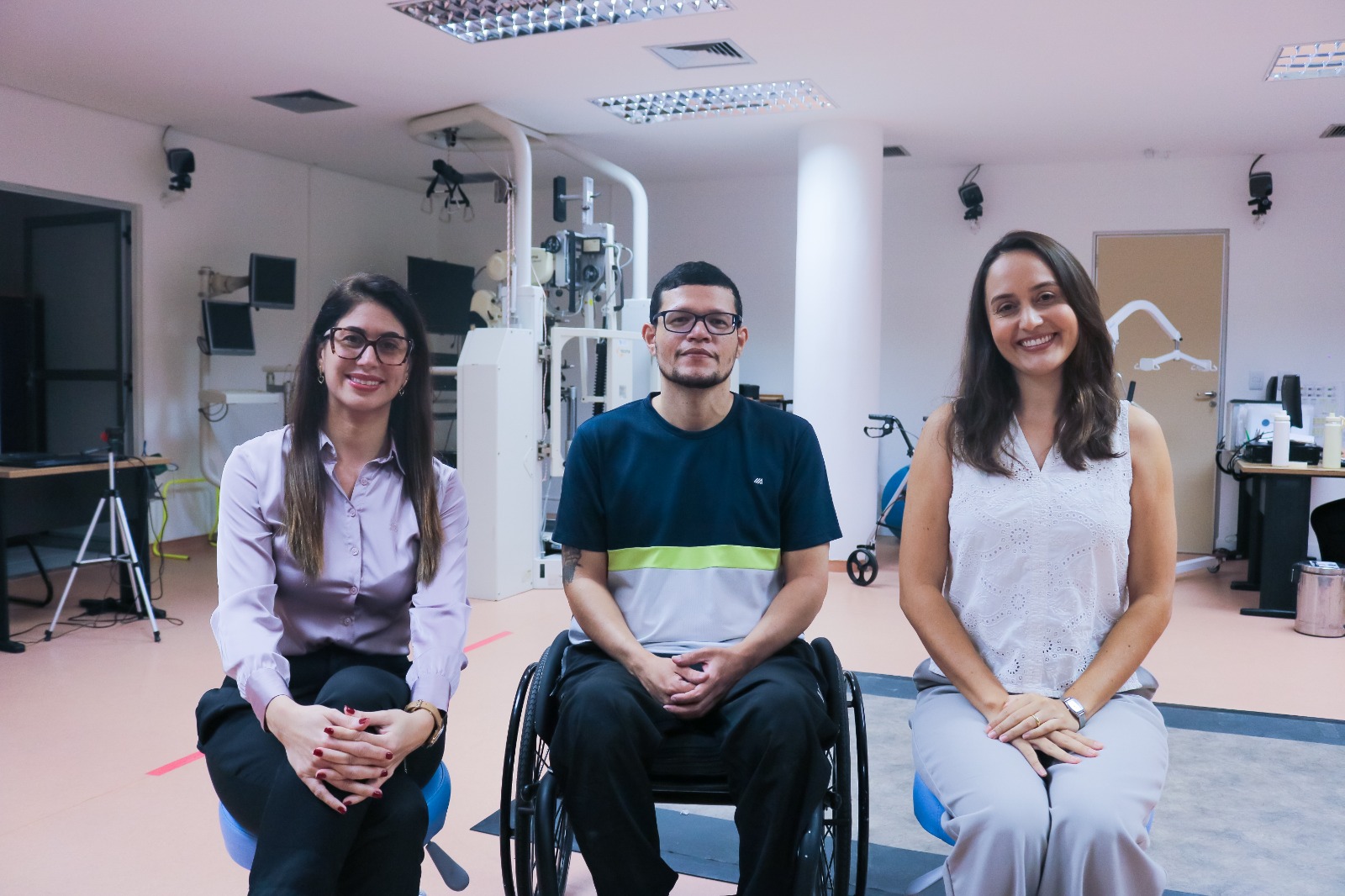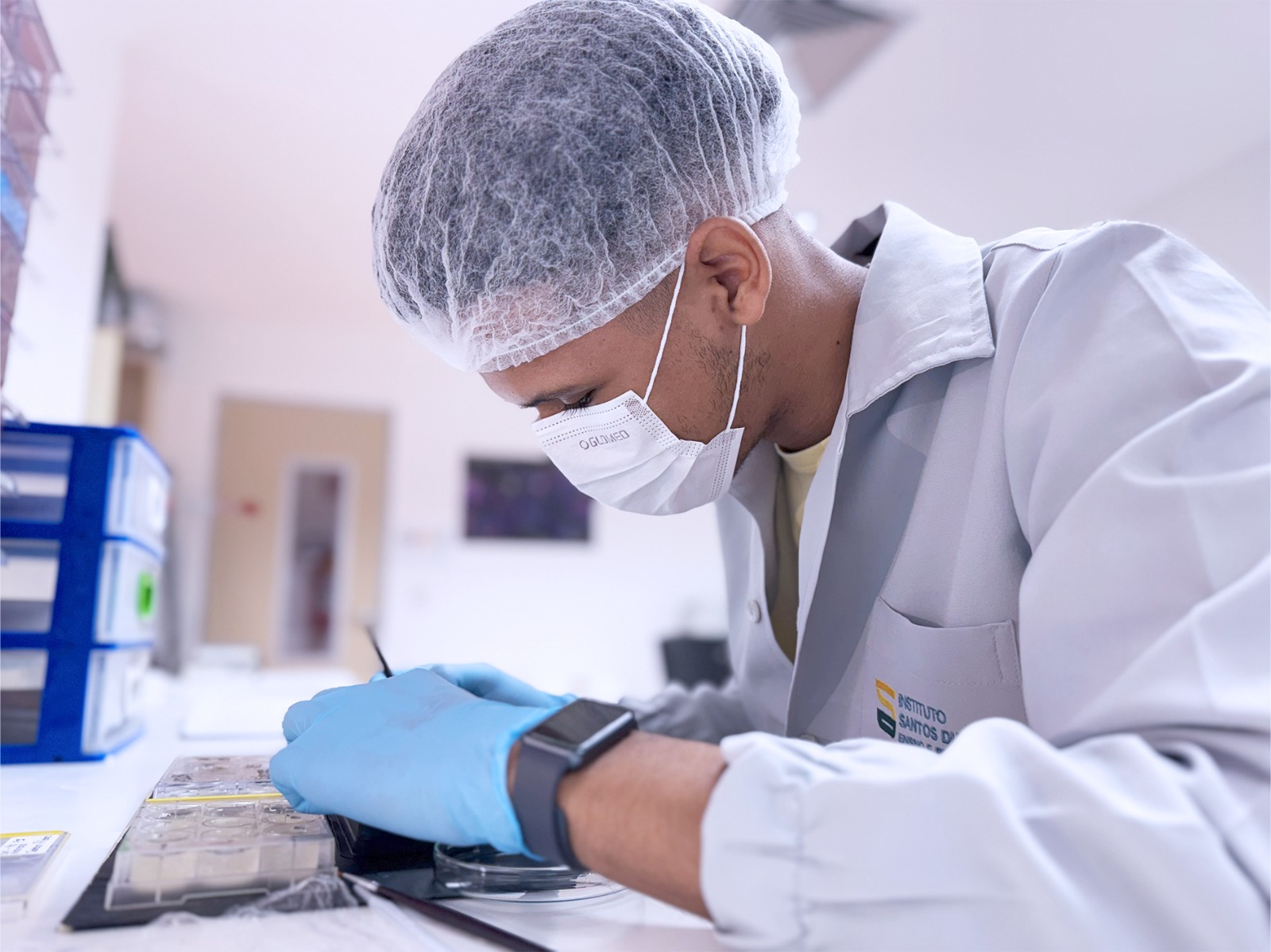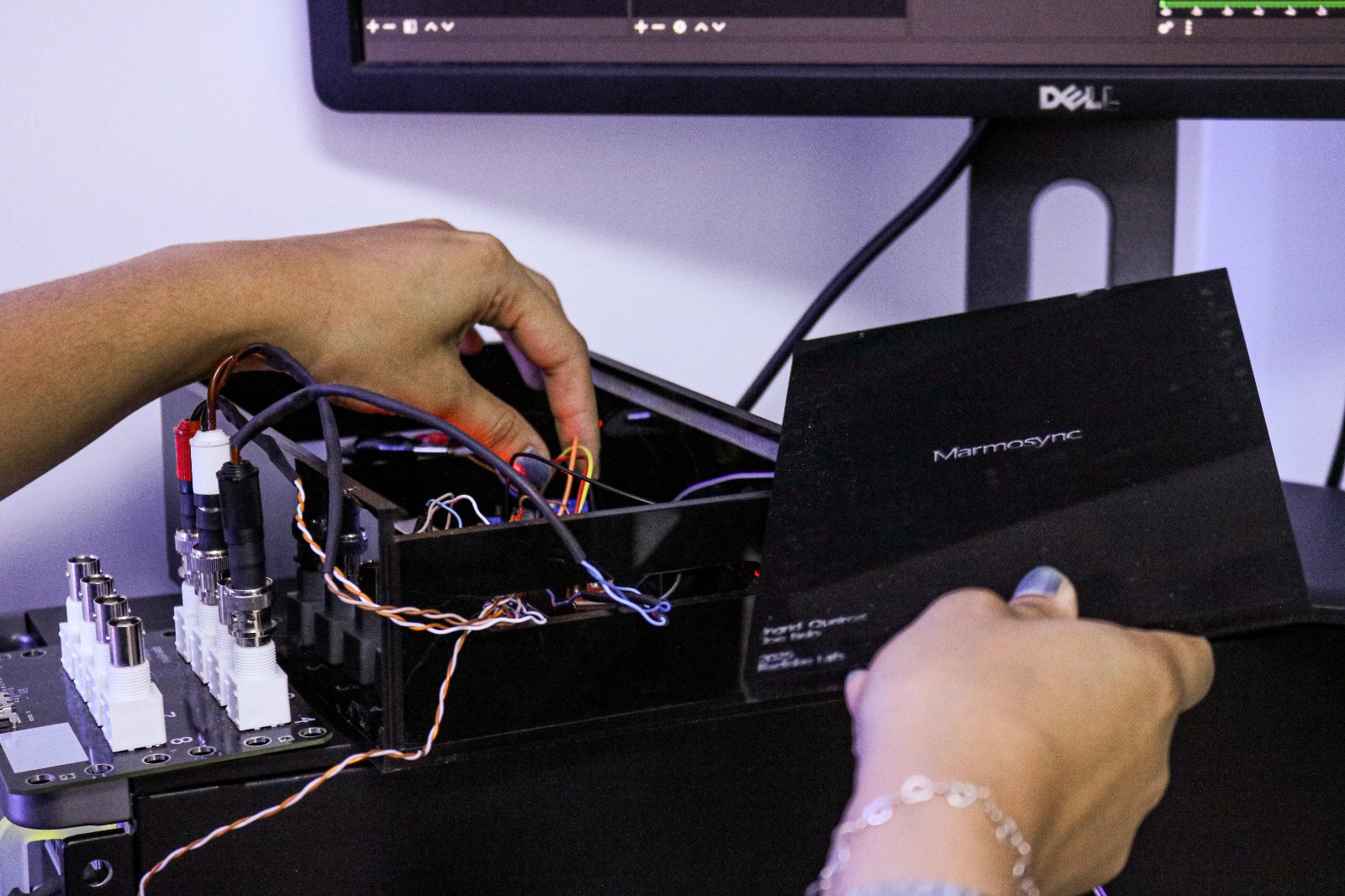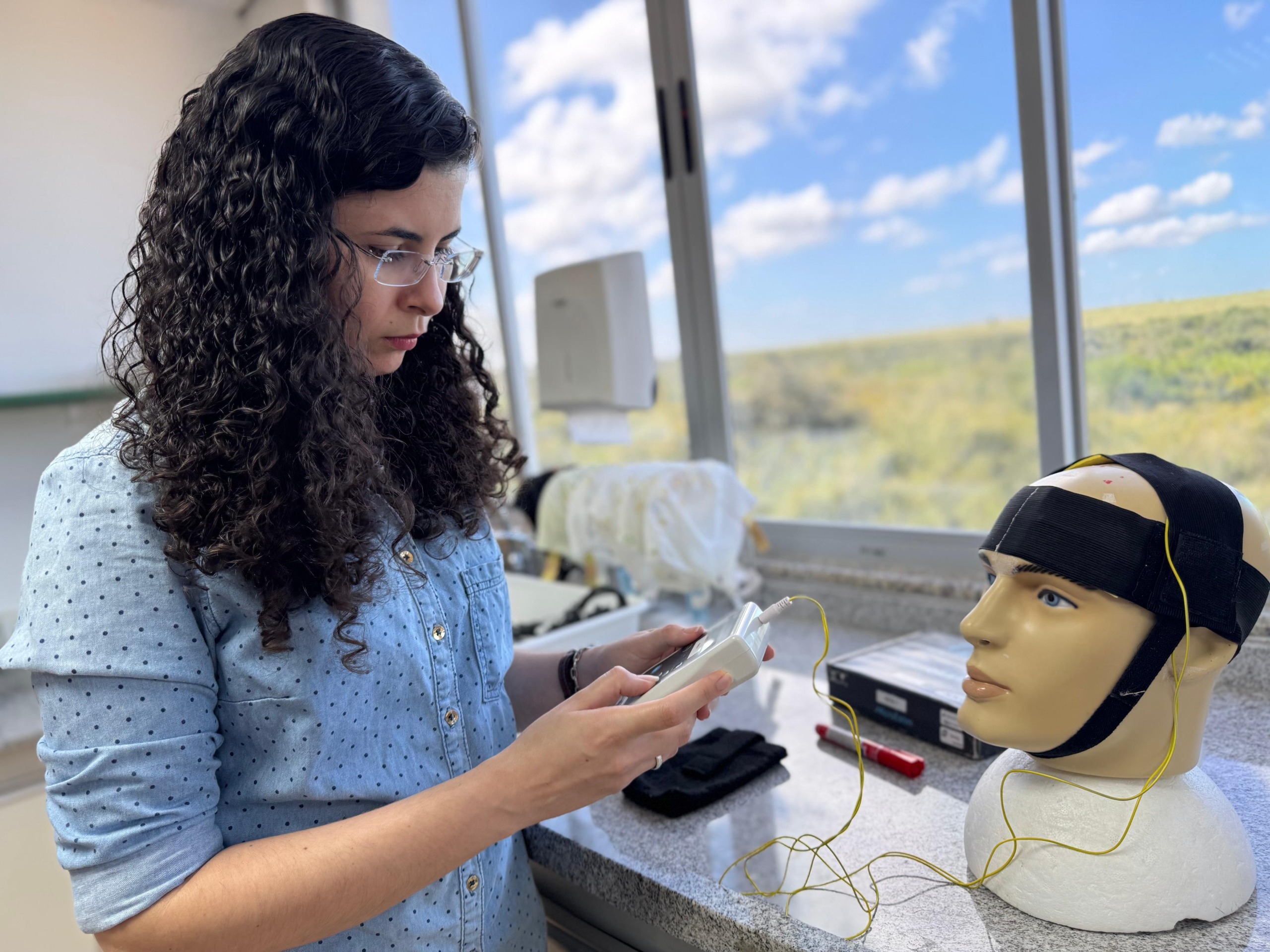In May 2021, neuroscientists from different parts of the world joined forces to answer a common question: how to expand the scope of their field of research to engage young students with different cultural backgrounds, colors and social classes? The question was raised at the 10th International Conference on Neuroengineering of the International Conference on Biomedical and Health Informatics (IEEE EMBS – NER), which took place between May 4th and 6th, 2021 virtually. To answer the question, researchers and students from the Santos Dumont Institute (ISD), in Macaíba (RN), submitted an essay that was chosen among the three best and awarded by the Organizing Committee, containing a series of practices that can increasingly stimulate early, diversity in the world of neuroscience.
“Three out of every five adults did not complete high school in the Northeast region of Brazil, and neuroengineering can be a powerful tool to encourage students to come together, from primary education to higher education”, states the text signed by the master in Neuroengineering by ISD , Junio Alves de Lima, 33 years old, born in João Pessoa (PB), and eight other students and researchers.
According to him, his interest in bringing science and society together arose during his undergraduate studies, when he began to get involved in extension projects at the university. During his master's degree, he saw the possibility of continuing his practice within the Institute, where he participated in guided tours with students, and offered lectures in several schools about the scientific production carried out there. “The impact was always very positive. We seek to show that science and engineering are much closer than one might imagine. We teach them how to make a small microscope with a cell phone camera, for example. This type of thing is enchanting and shows that it doesn’t need to be done by people from another world, with inaccessible things”, highlights the neuroengineer.
Within the plan presented by Junio Alves and the other researchers at the congress, there are specificities for Elementary, Secondary and Higher Education classes, always aiming at the integration of areas of knowledge. “The feedback we receive from schools and teachers is very positive. Creating a space in which curiosity can be stimulated is the first step in making people interested in following this path, and expanding diversity in the area of neuroscience”, he states.
For student Evelyn Vitória de Oliveira, 18 years old, who is studying the 3rd year of high school at Escola Estadual Doutor Severiano, in Macaíba, and who in September started attending ISD daily as a Scientific Initiation student, contact with researchers and projects transformed his perception of what science actually is. “It’s an aggregation of experiences and knowledge that we don’t have the opportunity to have in high school, and this completely transforms your vision”, explains the student. “What we understand about what medicine is, about what a healthcare professional does, for example, are often limited ideas and presented within a standard. Here, everything is connected: technology, engineering, health, rehabilitation. The number of possibilities you see grows a lot. I didn’t know, for example, that there were so many areas within biology, that a veterinarian can do so many different things”, he adds.
The contact with scientific production and laboratories had a direct impact on the young woman's career choice, who must take the National High School Exam (Enem) this year 2021. “I want to study medicine and specialize in neurology”, she declares.
Text: Mariana Ceci / Ascom – ISD
Photograph: Mariana Ceci / Ascom – ISD
Communication Office
comunicacao@isd.org.br
(84) 99416-1880
Santos Dumont Institute (ISD)
It is a Social Organization linked to the Ministry of Education (MEC) and includes the Edmond and Lily Safra International Institute of Neurosciences and the Anita Garibaldi Health Education and Research Center, both in Macaíba. ISD's mission is to promote education for life, forming citizens through integrated teaching, research and extension actions, in addition to contributing to a fairer and more humane transformation of Brazilian social reality.













